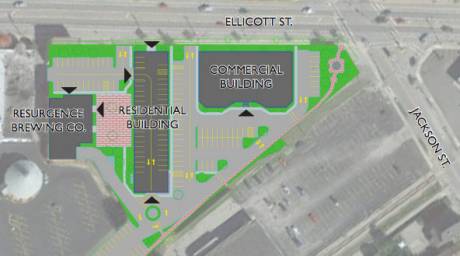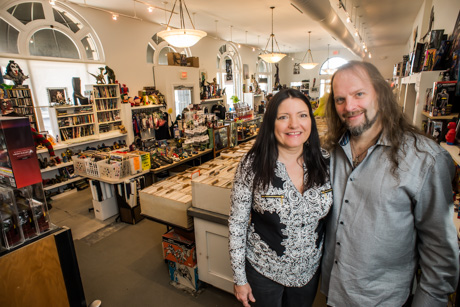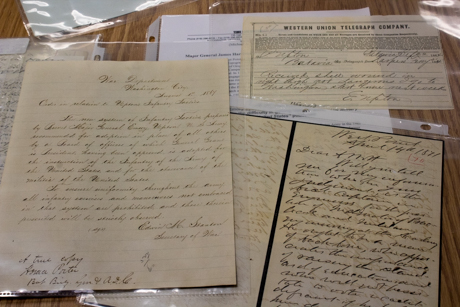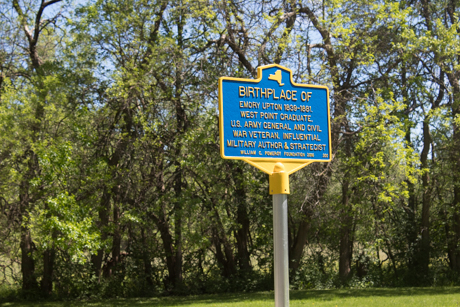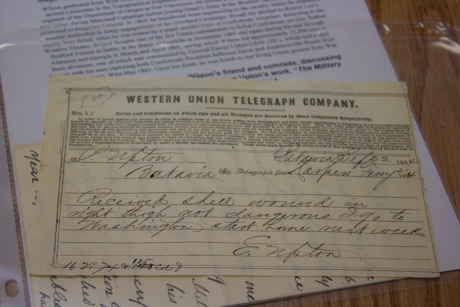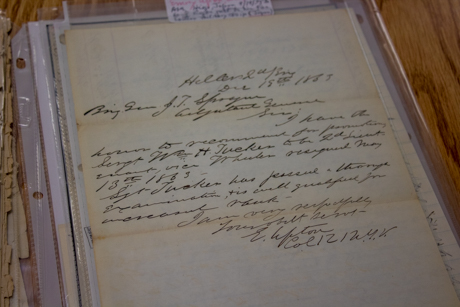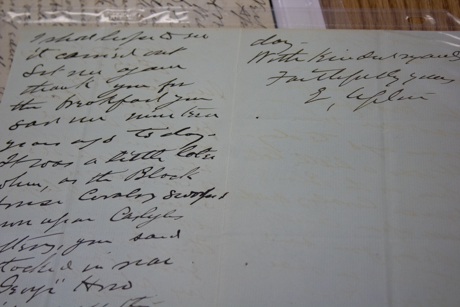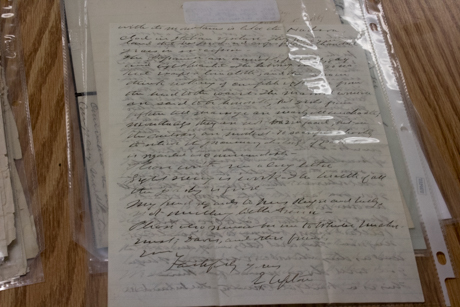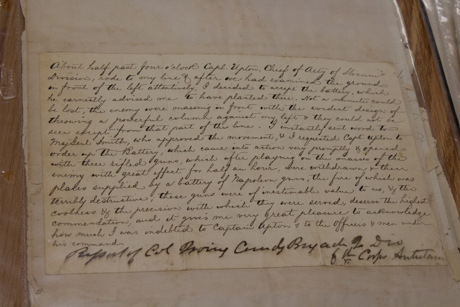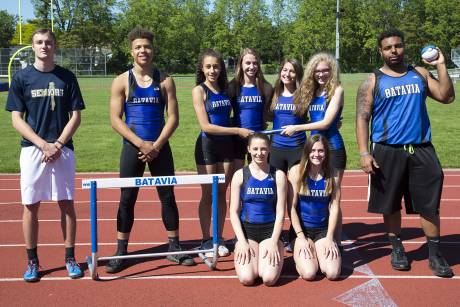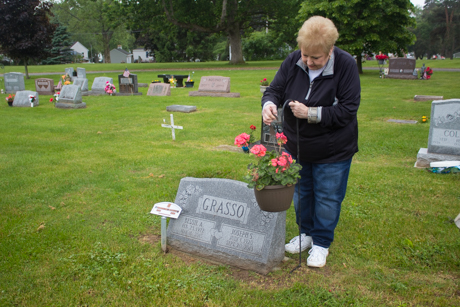New England's large dairy company, HP Hood, buying former Muller Quaker plant
One of New England's largest dairy producers, HP Hood, with an increasing reach into New York, is acquiring the former Muller Quaker Dairy plant in the Genesee Valley Agri-Business Park in Batavia.
The plant has been vacant, except for a few maintenance workers, since Theo Muller Group and PepsiCo dissolved their yogurt-making partnership in December 2015. A month later, Dairy Farmers of America, a dairy farmers cooperative, purchased the 363,000-square-foot, state-of-the-art milk processing facility for $60 million.
Since then, DFA has been mum about its plans for the plant, and for 2017, the company wound up paying all of the property taxes due on the two parcels, more than $650,000, because they were not meeting the employment obligations of the PILOT (Payment In Lieu Of Taxes) agreement Muller Quaker received for the project.
Rumors have started circulating weeks ago that DFA planned to sell the plant to a large dairy producer.
Public documents released by the Genesee County Economic Development Center in advance of a meeting next week where new tax incentives will be considered indicate that Hood is the buyer. It is a 170-year-old company that does more than $2 billion in business annually, and is based in Lynnfield, Mass..
Hood is a subsidiary of Catamount Companies. The owner and CEO is John A. Kaneb, who is also a part-owner of the Boston Red Sox.
News of Hood's purchase is good news to local dairy farmers. Both Shelly Stein of Stein Farms and Dean Norton, former NY Farm Bureau president and owner of a dairy farm in Elba, said anything that creates more demand for local milk helps all farmers.
"Anything that can go into that plant and help with the oversupply of raw milk that we have in the Northeast right now, that would be good," Norton said.
Norton said he has met Kaneb a couple of times.
"He's a good guy and it's a pretty solid company," Norton said.
Bill Baskin, owner of Baskin Livestock in Bethany, got his start in the dairy business in Massachusetts, so he is very familiar with Hood and said it's a good, old, old, old company with deep roots in Boston.
The funny story, he said, is that his great uncles had a 700- or 800-cow dairy farm back in the 1940s and they didn't like the price they were getting from Hood for milk, so they started their own bottling plant, which years later they sold.
Both Stein and Norton are DFA members. Norton said he doesn't know, but he would expect that DFA will become the supplier of milk for Hood's operations.
Monica Massey, senior vice president and chief of staff for DFA, said she could not confirm the transaction with Hood.
"We are getting close to finalizing an agreement," she said.
Massey said DFA acquired the plant as a "strategic opportunity" because the region is an important and underserved milk shed.
Asked if DFA would supply milk to Hood, Massey said, "We acquired the facility because we thought it would benefit our member-owners." That is still the goal, she added.
Hood's purchase price for the former Muller Quaker plant has not been released, but GCEDC documents indicate that Hood plans to add another 100,000 square feet to the plant, which is already considered the largest in the United States, for a warehouse.
How much that additional investment will cost is not disclosed in the documents.
While Muller Quaker topped out at 162 jobs created, Hood promises 250 jobs at the plant, with an average annual salary of $47,000.
Hood plans to begin construction this summer and be operational by the first quarter of 2019.
Construction will create 524 jobs with a payroll of nearly $26 million.
The original cost of construction for the plant was $206 million, which is the cost of capital investment still tracked by GCEDC for its accounting purposes.
The GCEDC board will be asked to consider reinstating the PILOT, which will provide Hood with more than $7 million in tax abatements over 10 years, with an anticipated total economic benefit to the region of more than $330 million.
Hood has been expanding into New York and other parts of the United States over the past few years. In 2004, the company acquired Crowley Foods, based in Binghamton. It's also acquired dairy companies in Minnesota and Sacramento, Calif.
Eric Zuber, a local dairy farmer and VP of Upstate Niagara Milk Cooperative, said he hasn't heard what Hood plans to do with the plant, but like Stein and Norton, he believes anything that will "soak up some of the milk supply" is a good thing.
"There sure is a lot of milk around right now," he said. "A little more capacity with the right thing is a good thing. We need more processing capacity. I don't care where it comes from."
Hood and Kaneb, he said, have a good reputation in the dairy industry.
"He’s done a fantastic job with (Hood)," Zuber said. "They know how to manage a milk plant. Whatever they decided to do, I'm sure it's going to be first class."




